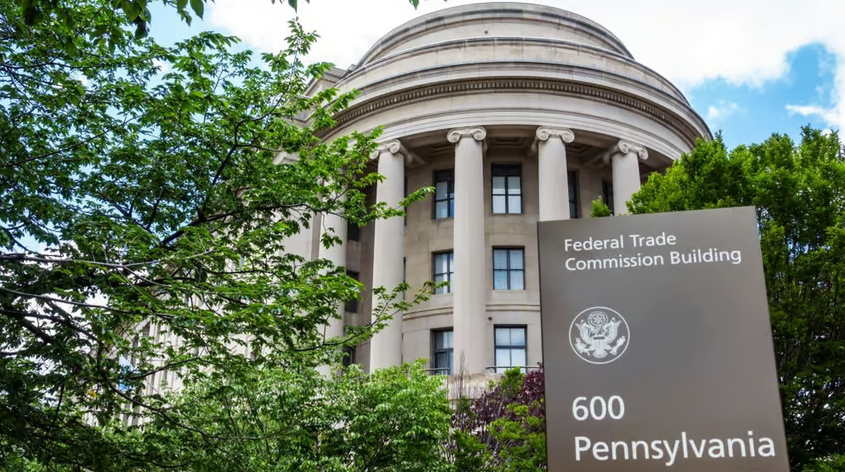Blog
Blog
Pfizer, Seagen kick off antitrust review of $43B merger. Will FTC get on board?

The largest M&A deal in biopharma since 2019 is starting what could be a bellwether antitrust evaluation.
Pfizer and Seagen on Friday submitted paperwork for their proposed $43 billion merger to the Federal Trade Commission and the Department of Justice, Seagen said in a filing (PDF) Monday. Pfizer plans to acquire Seagen for $229 per share in cash.
Friday’s premerger filing kicks off a 15-day waiting period based on the FTC’s rules for a cash tender offer. The two companies can proceed with the transaction if the waiting period expires without any objections from the FTC.
But the U.S. agency might ask for additional information in what’s known as a “second request.” Such a request could prolong the review timeline.
Industry watchers are monitoring the deal closely given it’s the largest M&A deal involving two drugmakers since the megamergers between Bristol Myers Squibb and Celgene, and between AbbVie and Allergan, which were announced in 2019 and were valued at $74 billion and $63 billion, respectively.
Both of those deals received FTC second requests, and the regulator forced certain asset sales to resolve antitrust concerns in both cases.
Seemingly in anticipation of potential antitrust scrutiny around a bladder cancer business overlap, Pfizer recently abandoned a partnership with Merck KGaA on Bavencio. The PD-L1 inhibitor is a standard of care as a front-line maintenance therapy in bladder cancer patients who responded to an initial round of chemotherapy.
Meanwhile, Seagen and partner Astellas’ Padcev recently won an FDA approval as an initial bladder cancer therapy in patients who don’t qualify for cisplatin-based chemo. Clinical trials are ongoing to potentially expand Padcev’s reach in bladder cancer.
Given the deal size, it wouldn’t be surprising if Pfizer and Seagen have to refile their premerger report to give the FTC more time to conduct its review. Some much smaller transactions, such as Sanofi’s $2.9 billion buyout of Provention Bio, featured resubmissions.
Plus, the deal faces an FTC panel of three Democrat commissioners after the only Republican leader at the agency, Christine Wilson, resigned in March in protest against Chair Lina Khan.
The Democrat-led FTC has adopted a harsh stance against large biopharma transactions, with the 2019 megamergers previously raising antitrust concerns. But the FTC has yet to materialize any of these worries into actual deal rejections.
Two years ago, the FTC said it would start to look beyond simple product overlaps when conducting biopharma deal reviews.
For Pfizer, Seagen brings an industry-leading antibody-drug conjugate oncology platform, which has plenty of competition from the likes of AstraZeneca and Daiichi Sankyo. Pfizer’s and Seagen’s portfolios have little overlap other than that they both have a presence in oncology.
In addition to the FTC, Pfizer filed a briefing of the Seagen deal with the European Commission on April 5 and with the U.K.’s Competition and Markets Authority on April 12, according to Seagen’s securities filing.
Besides the Pfizer-Seagen deal, biopharma watchers are also following the FTC review of Amgen’s $28 billion acquisition of Horizon Therapeutics, which got a second request in January. Outcomes from the two deals could help the industry scope out the tolerance rate of the U.S. antitrust watchdog and potentially embolden dealmakers.
Πηγή: fiercepharma.com





